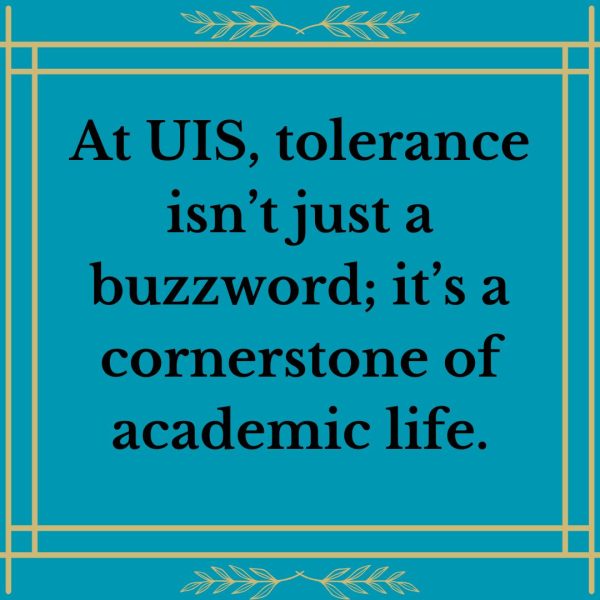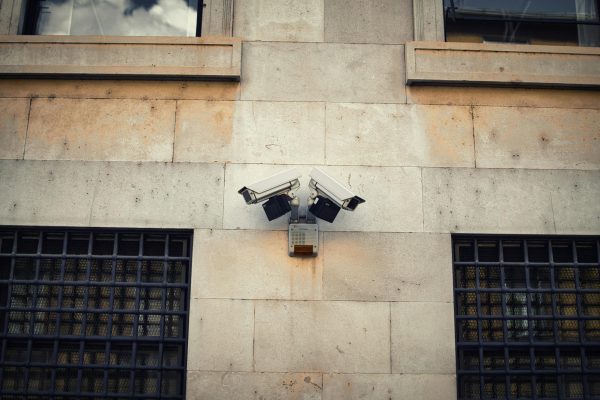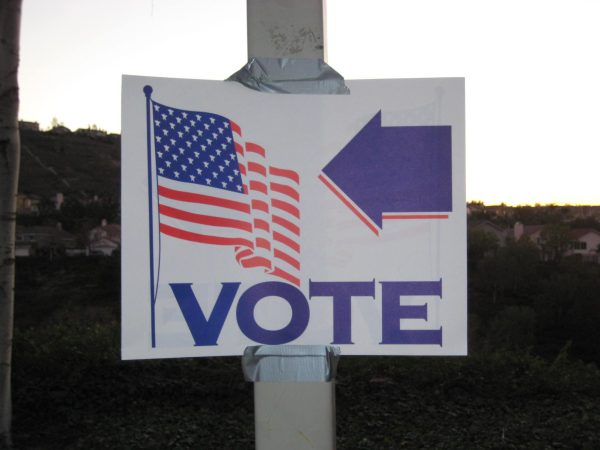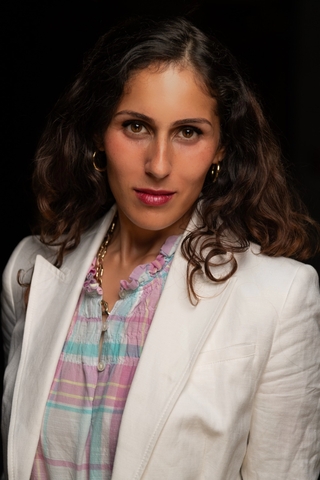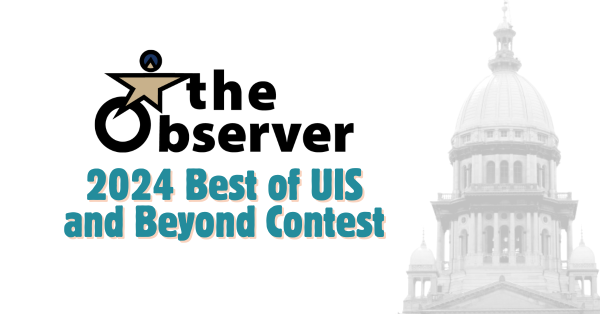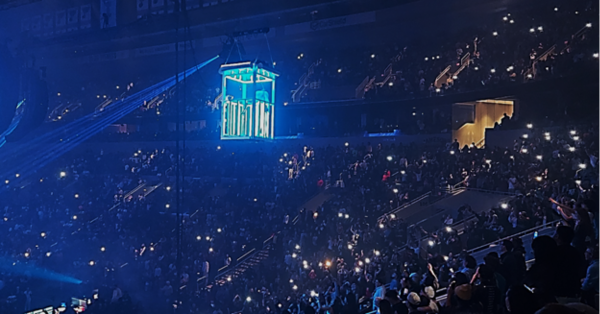Featured Column: Defective Detectives
I don’t think I’m being facetious when I say that all the best detectives have mental illnesses. At least fictionally. Discounting the types of forgettable shows with acronyms in the title, there are very few popular television detectives that don’t play off some kind of mental illness as a gimmick.
For “Sherlock”, we have sociopathy, for “Monk”, OCD, and even though the fictional Dr. Shaun Murphy from “The Good Doctor” is not a detective, his remarkable abilities come from a combination of savant syndrome and autism. House (which is a Sherlock Holmes rip off) featured addiction, and the same is true of “Elementary”—yet another spin on Holmes. A quick google search informs me that there are plenty more. In television, it’s called the “defective detective” trope.
Here’s the thing. When media portrays something for long enough, it becomes a stereotype. I mean where does angry black woman come from? What about the lisp-y gay male? We see them, we internalize them, and we use them. Input, output.
So, what’s wrong with giving the mentally ill more exposure? Paint weaknesses as potential strength? What’s the harm in that?
I should explain myself briefly. I have been diagnosed with major depression, anxiety, and obsessive-compulsive disorder. I’m not a detective. I’m not really that much of a germaphobe, and I can barely find my keys—let alone a perpetrator. What this all really looks like in my day-to-day life is that I struggle with coping mechanisms and often do weird little things like obsessively count my sips of most liquids I drink.
I really never had an issue with the television trope, but I’m noticing a disturbing trend. Recently I was editing a friend’s paper, they explained to me that they felt better about me editing their work because, and I quote, “that way you’ll catch little OCD stuff that my normal brain doesn’t care about.” Um. No. Not really.
We all sometimes use OCD as a funny little adjective when we really mean anal retentive or even just overtly attentive. I mean look at the alternative. Anal retentive? Most people do a double take on the first word alone. I personally don’t care when people use “OCD” over “attentive,” usually, but I’m finding out that maybe I should. Addiction, sociopathy – these things have tremendous downsides, and portraying them as superpowers doesn’t really help anyone.
The problem with positive stereotypes is that despite being positive, they are still stereotypes. To be clear, I’m nothing special. For example, I recently tried to start my car with a handful of change because I mixed up which hand my keys were in. I am not “obsessively” clean, and I’m usually a mess. I make silly mistakes just like everyone does, but when I say things like “OCD,” for some reason people begin imagining a version of me that I don’t really recognize. If I say something dumb, I’m having a “bad mental day,” while if I say something smart or clever, I’m all-of-the-sudden “eccentric.” I’d really prefer to succeed and fail on my own merits rather than being seen as either a working or broken calculator. OCD doesn’t give enhanced mental abilities, it’s really just more of something I deal with like depression and anxiety. If anything, I struggle to overcome.
Now this all is not to say that people with mental illnesses can’t be detectives, in fact, far from it. People with all kinds of diseases and illnesses are forced to overcome their personal barriers just to function. I’m all for taking a positive look at mental illness, but OCD isn’t a superpower, it’s a brain trying to cope. Addiction tears families apart, and my friends with autistic children know that it’s a life-long struggle—not a free medical degree. Mental illness is an illness, and while many of these shows may help reduce the stigma, I’d caution against getting gimmicky with mental illness.



